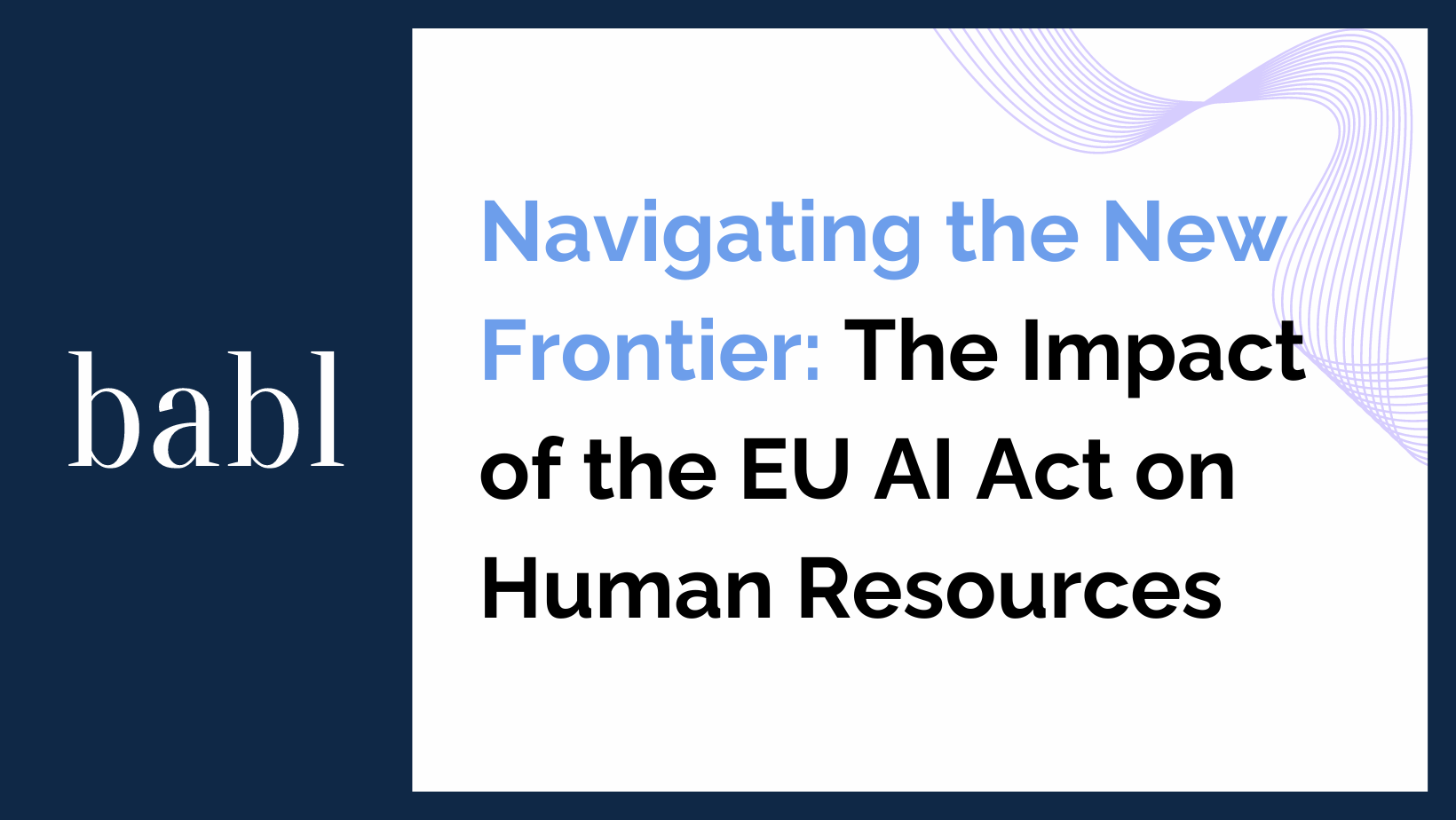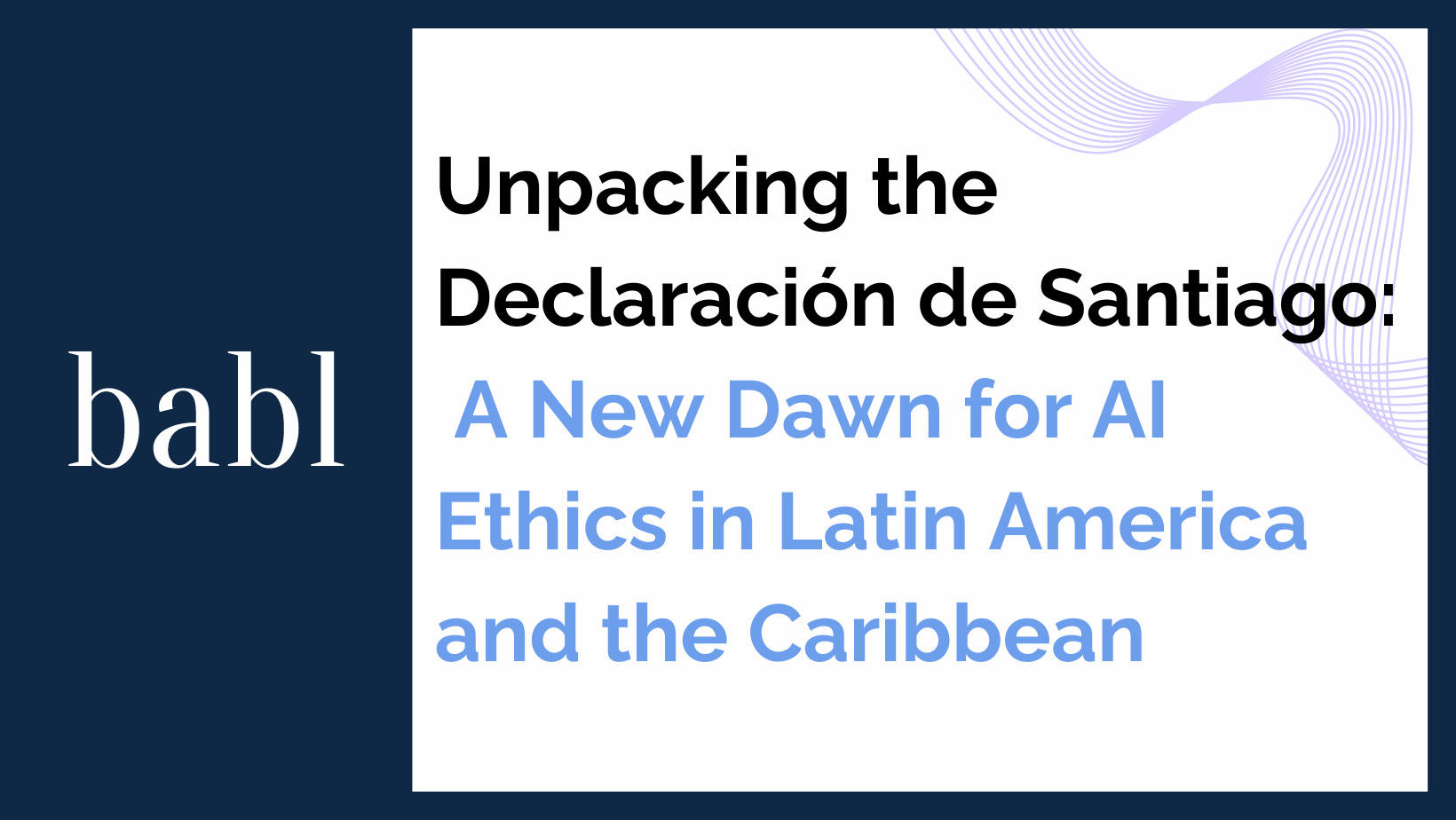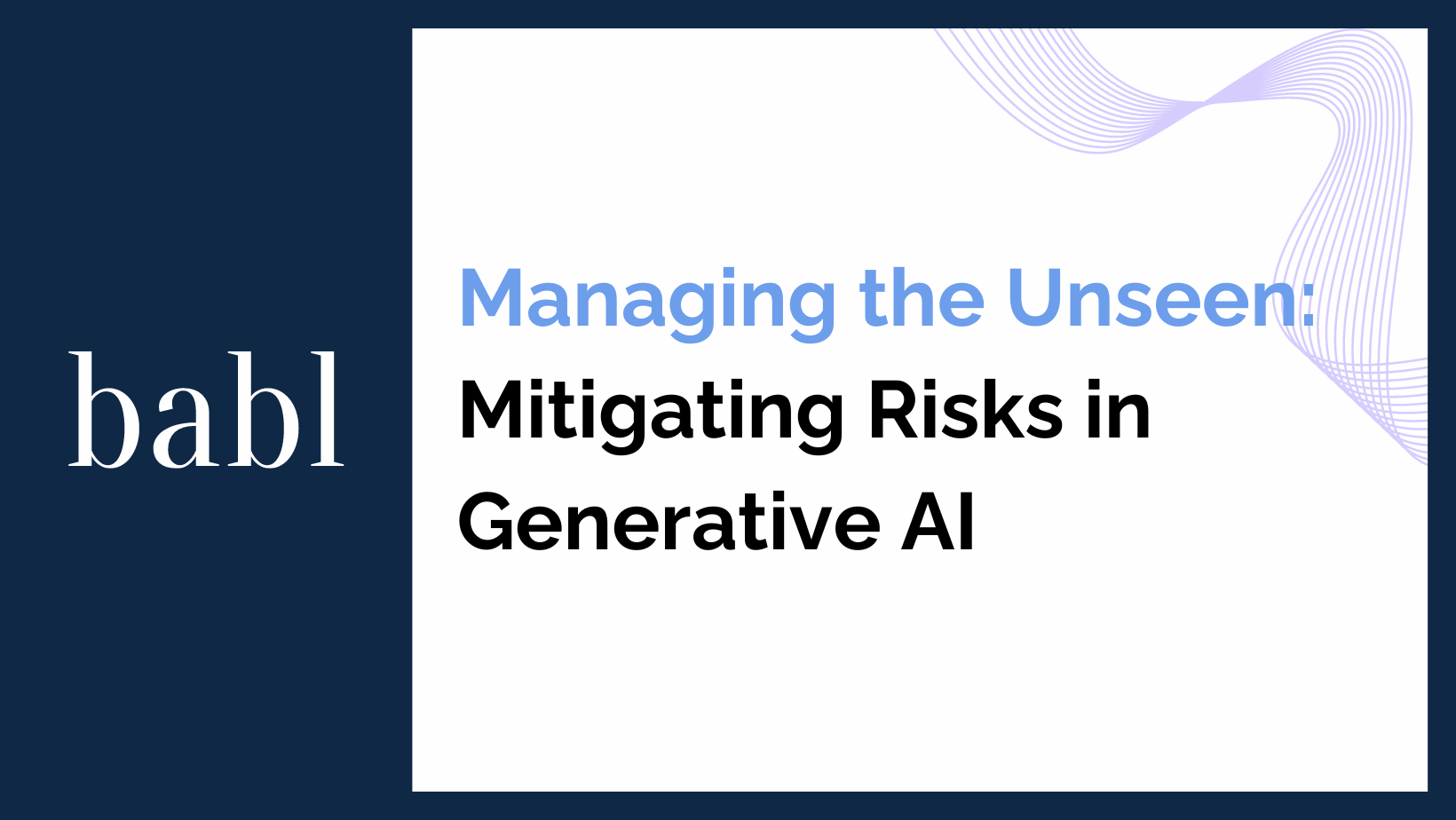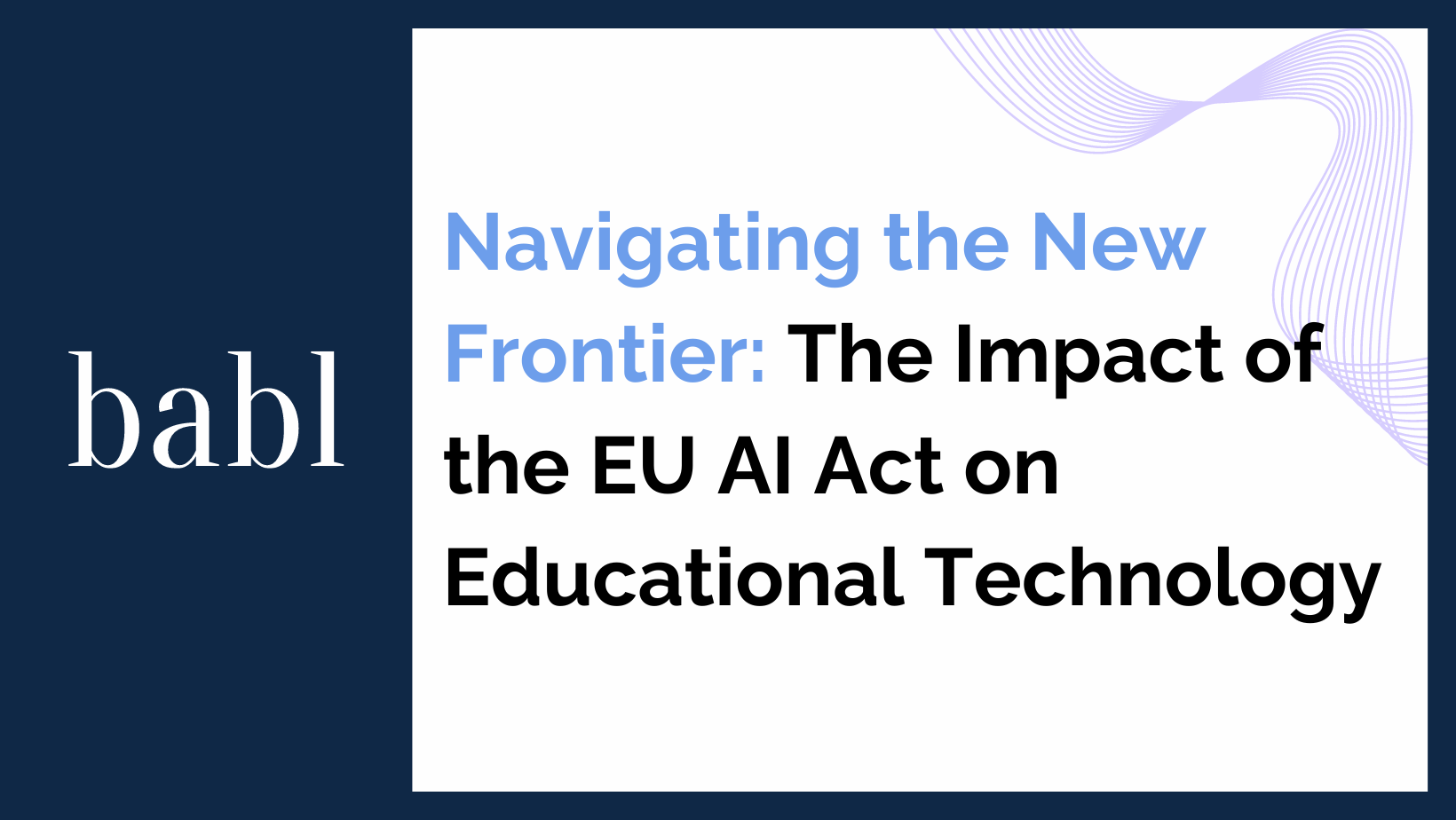The enactment of the European Union’s Artificial Intelligence Act (EU AI Act) represents a pivotal moment for the use of AI technologies across various sectors, especially human resources (HR). As HR departments increasingly rely on artificial intelligence for a spectrum of activities—from recruitment to employee engagement—it is imperative to understand the implications of this groundbreaking legislation.
Understanding the EU AI Act
The EU AI Act is designed to ensure that AI systems used within the EU are safe and respect existing laws on privacy and fundamental rights. It categorizes AI applications based on their risk levels to public safety and fundamental rights, from minimal risk to unacceptable risk, with specific rules tailored to each level.
Key Provisions Affecting HR
- Risk Assessment: High-risk AI systems, such as those used in employment contexts, require rigorous assessment to ensure they are transparent, traceable, and guarantee an adequate level of oversight.
- Data Governance: AI systems in HR must use data that is legally sourced, relevant, and non-discriminatory, adhering strictly to data protection laws such as GDPR.
- Transparency Requirements: Employers must inform employees about the use of AI decision-making tools, detailing how they work and their potential impact on employment decisions.
Transformative Impacts on Human Resources
- AI in Recruitment and Selection: AI technologies can streamline the recruitment process, enhance candidate screening, and improve the matching of job descriptions with applicant profiles. However, under the EU AI Act, HR departments must ensure these tools are free from biases that could lead to unfair discrimination. Transparent algorithms and periodic audits are mandated to maintain fairness and accuracy.
- Enhancing Employee Monitoring: While AI can optimize workforce management and productivity tracking, the EU AI Act imposes strict limitations on surveillance and monitoring practices to protect employees’ privacy rights. HR technologies that monitor employee activities must be justified by substantial public interest and must minimize intrusiveness.
- Revolutionizing Training and Development: AI-driven personalized learning and development platforms can significantly enhance employee growth and satisfaction. Under the EU AI Act, these platforms need to be designed to ensure equitable access and non-discriminatory outcomes, fostering an inclusive workplace culture.
Compliance and Legal Challenges
Adhering to the EU AI Act requires HR professionals to navigate a complex legal landscape. Compliance involves not only implementing systems that are technically compliant but also fostering an organizational culture that prioritizes ethical AI use.
Legal Implications for Non-compliance
Failing to comply with the EU AI Act can result in severe penalties, including hefty fines and reputational damage. HR departments must therefore be proactive in conducting impact assessments and seeking legal advice to ensure all AI applications comply with the new regulations.
Ethical Considerations and Best Practices
Promoting Ethical AI in HR
The ethical use of AI in HR not only aligns with legal requirements but also enhances employee trust and brand integrity. Best practices include:
- Stakeholder Engagement: Involving employees in the AI implementation process helps address concerns and promote transparency.
- Continuous Learning: Keeping abreast of regulatory changes and technological advancements ensures that HR practices remain compliant and effective.
Developing an AI Ethics Framework
Creating an ethics framework for AI use in HR can guide decision-making and ensure consistent application of ethical principles. This framework should address key issues such as fairness, accountability, and transparency.
Embracing AI with Responsibility
The EU AI Act sets a global benchmark for the responsible deployment of AI technologies, particularly in sensitive areas such as HR. By understanding and integrating the Act’s provisions, HR professionals can leverage AI to not only enhance operational efficiency but also uphold high ethical standards, thus driving forward a future where technology and humanity coexist harmoniously in the workplace.
HR professionals are encouraged to actively participate in forums and training sessions on AI compliance, collaborate with legal and ethical experts, and continuously monitor the effectiveness of AI tools in practice. The journey towards AI integration in HR is complex but navigating it successfully will set a precedent for innovation coupled with integrity.
Need Help?
If you want to have a competitive edge when it comes to the EU AI Act, or any other regulation or law, don’t hesitate to reach out to BABL AI. Their team of Audit Experts can provide valuable insights on implementing AI.





